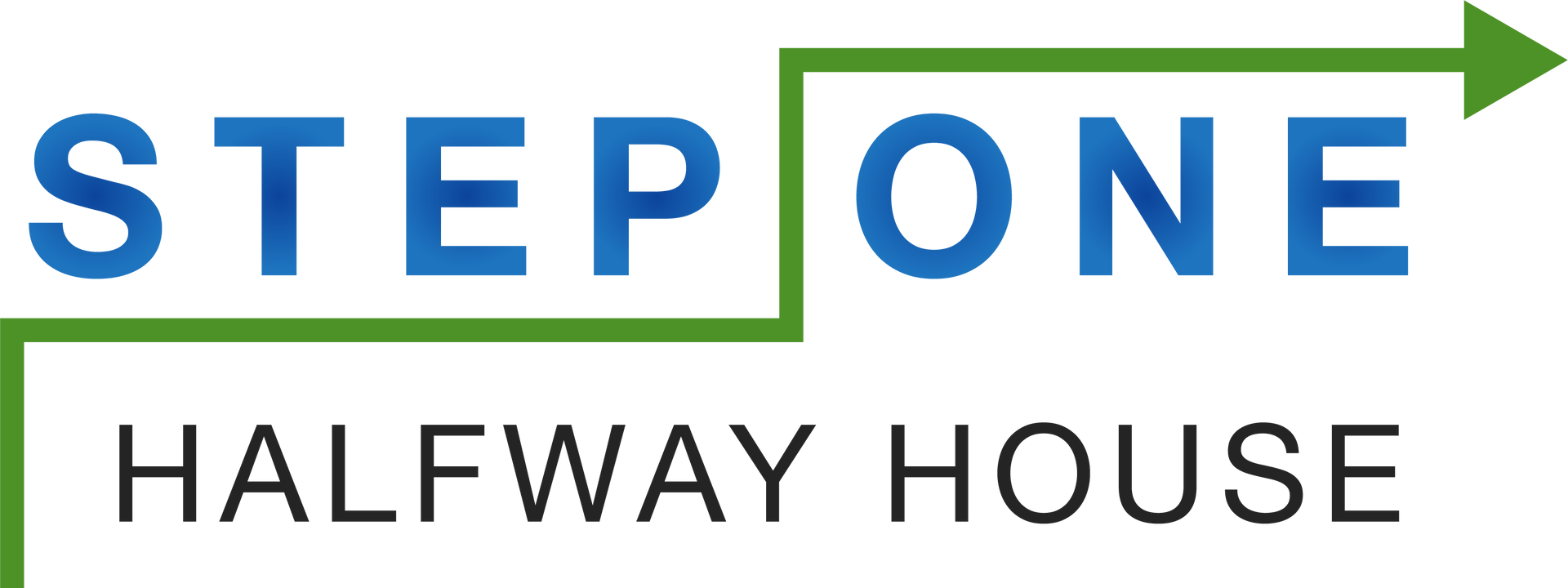Substance Use Disorder SUD

Substance use disorder (SUD), also called addiction, is a complex mental health condition that affects a person’s ability to control their substance use, despite harmful consequences.
Drug addiction can hurt you and the people around you in many ways. It can damage your mental and physical health, strain your relationships, and cause professional, social, and financial problems.
Also, using too much alcohol, drugs, or other substances, whether legal or illegal, can cause big changes in how the brain works. This can lead to compulsive drug and alcohol use, substance dependency, and addiction.
Substance Use Disorder in Numbers
According to the UN Office on Drugs and Crime (UNODC), young people consume more drugs than previous generations.
Their 2022 report shows that around 284 million people aged 15 to 64 used drugs globally in 2020. This is a 26% increase over the earlier decade.
Furthermore, according to a Recovery Research Institute report, around 20 million people in the United States have a substance use disorder (SUD). Also, one out of every ten Americans says they have beaten a significant drug problem.
Researchers have also found that stress about the COVID-19 pandemic has led to a big rise in drug use, anxiety, depression, and thoughts of hurting oneself.
Substance Use Disorder Symptoms
The symptoms of SUD may be psychological, physical, or behavioral. They can range from mild to severe, with addiction being the most severe form.
Recognizing the symptoms of substance use disorder is the first step toward healing.
The following are common psychological, physical, and behavioral signs of SUD.
Psychological SUD Symptoms
- You feel agitated or angry
- You feel anxious, fearful, or paranoid
- You are excessively tired all the time
- You experience sudden mood changes
- You lack energy and motivation
- You experience periods of excessive energy and restlessness
Physical Symptoms of SUD
- Your sleep patterns have changed
- You struggle with appetite change
- You experience sudden weight loss or gain
- Your pupils are smaller or larger than usual
- You have tremors
- Your coordination is impaired
- You have slurred speech
- Your physical appearance has deteriorated
Behavioral Symptoms of SUD
- An urge to drink, use drugs, or take medicine every day
- You neglect self-care (eating, sleeping, etc.)
- You take risks or do things you wouldn’t normally do to get drugs.
- Substance use is causing problems at work and in social life
- Your substance use is becoming a financial burden
- Over time, you need more substances to get the same effect
- You ensure a steady supply of substances
- You keep trying to stop using drugs, but you always fail
- You experience withdrawal symptoms when you try to stop taking drugs or alcohol
The Types of Substance Use Disorder
Substances for which you can develop a substance use disorder involve:
- Alcohol
- Tobacco
- Cannabis
- Hallucinogens
- Opioids
- Inhalants
- Sedatives, hypnotics, and anxiolytics
- Simulants
Substance Use Disorder vs. Substance Abuse
Even though people often use the terms “substance use disorder” and “substance abuse” interchangeably, they mean different things.
Substance use disorder (SUD) or addiction is a medical illness that can be diagnosed. In contrast, substance abuse involves the inappropriate or harmful use of substances, but it is not a diagnosable disorder. However, ongoing substance abuse can develop into a substance use disorder.
What starts as prescribed medication therapy, recreational drinking, or experimental drug use can become an addiction over time.
Addictive substances activate the brain’s reward and neural motivation pathways, triggering the feel-good hormone dopamine, which floods the bloodstream, causing the feeling of “high.” So, you compulsively use substances despite their harmful effects.
Over time, your body adapts to these highs. As your pleasure threshold rises, withdrawal symptoms occur – you may feel anxious, scared, and physically ill – without drugs.
However, substance use disorders are treatable mental health conditions, despite their complexity and severity.
Treatment for SUD: The Advantages of Breaking the Habit
Using drugs or alcohol changes the brain’s work and makes it hard to break the habit, even if you think you can control how much you use. You will eventually need more drugs to get “high,” which turns the initial feeling of pleasure into dependence and addiction.
Counseling and the 12-Step Program are vital parts of addiction rehab and recovery. Once you enter treatment, you’ll have your life back.
SUD counseling can help you:
- Understands what caused your addiction
- Come up with ways to deal with it
- Improve your mental and physical health
- Get interested in things you used to enjoy
- Get back in touch with family and friends.
You can join a peer support group and a sober living home to help you stay clean and sober and deal with the challenges of everyday life.
Substance abuse hurts both you and the people around you. However, there are several addiction treatments available today. Seek SUD treatment to recover from substance abuse and reclaim your life.

We provide relief to recovering Addicts/Alcoholics who have shown aptitude to stay clean and sober, while providing relief from financial stress so that they may focus on their recovery for a period of 90 days. We also strive to make the transition to sober life as easy as possible as clients focus on putting their lives back together.
Quick Links
©2023 | All Rights Reserved | Step One Halfway House
Website powered by Neon One











